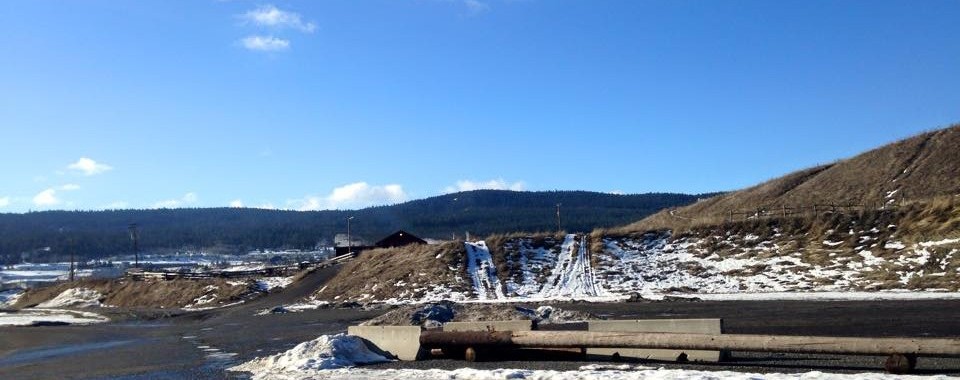Blog Post #4 April 3rd
This week we had our last 379B class meeting for this academic term. In exactly one month we will be heading to Williams Lake to conduct our research. We recognize the host of preparations that still need to be done in April before our virtual conference. We have drafted out the things that need to be done before we arrive Williams Lake in order to maximize the limited time we will spend there.
After several discussions with the team, talking to urban researchers from our mini day panel and interviewing a postgraduate student from UBC School of Community and Regional Planning, we critically thought through our methodologies and chose the major ones that we will be using. Continue reading
